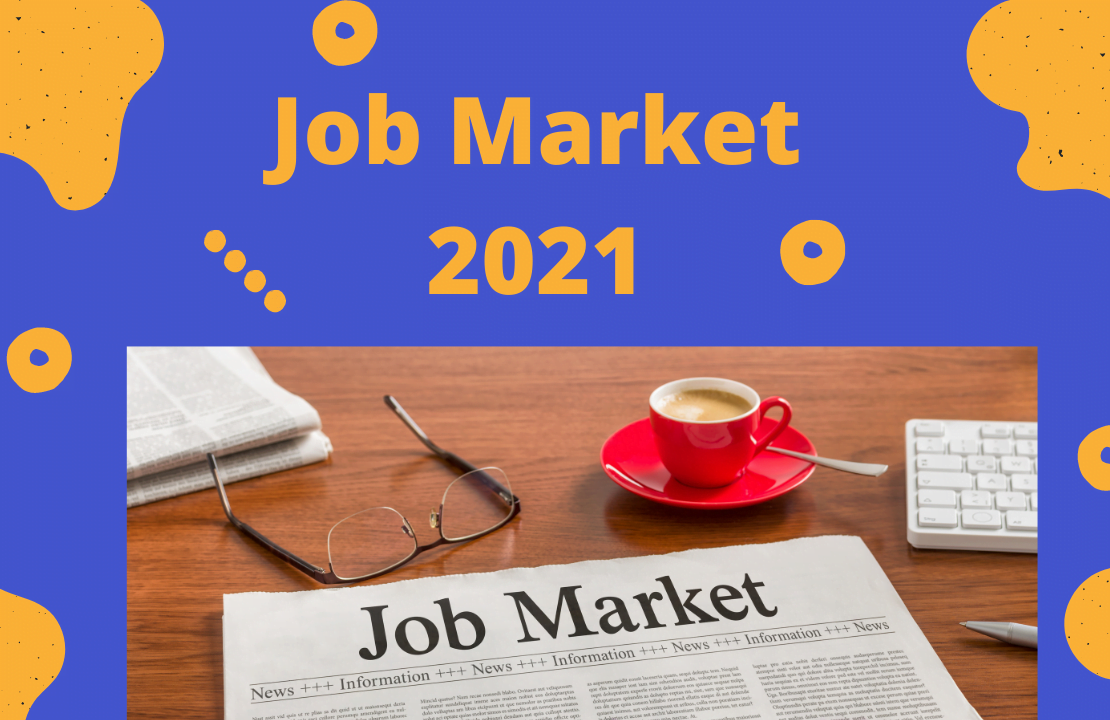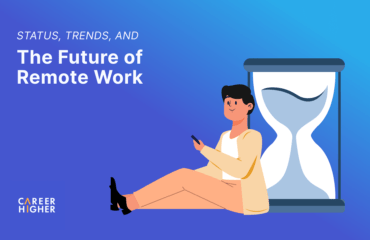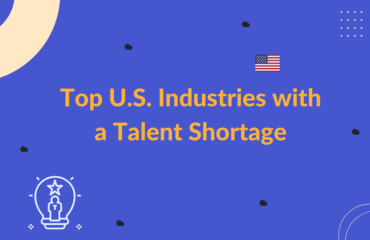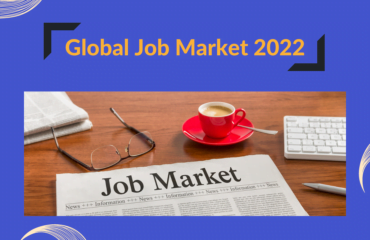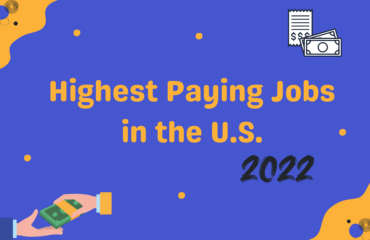Table of Contents
Hundreds of thousands of professionals have lost their jobs since the pandemic hit in early 2020. While the workforce is looking forward to returning to BAU, the job market remains challenging for candidates in 2021. In fact, According to the Office for Budget Responsibility, unemployment is expected to rise further to 2.6 million in the middle of 2021.
However, recovery is on the horizon with KPMG estimating that GDP will rise by 4.2% and 5.5% for 2021 and 2022 respectively after suffering a 9.7% decline in 2020. This goes hand-in-hand with findings by Indeed demonstrating that 47% of employers are planning to increase or maintain their pre-pandemic hiring levels in 2021. In this article, we will present you with the key job market trends we expect for 2021 so that you can make informed career decisions during these challenging times.
The industries of the future
COVID has had a catastrophic effect on some industries, while others have boomed during the pandemic. These changes have driven an increasing number of candidates to pursue industry changes. In this volatile environment, it is pivotal for professionals to have a solid understanding of the industries that are expected to grow in 2021.
The recurring lockdowns have driven consumers to purchase goods and services online, giving an impressive boost to the eCommerce industry. According to OECD, the share of eCommerce to retail rose from 20.3% to 31.3% between the first and the second quarter of 2020, when restrictions were introduced for the first time in most countries. Importantly, we expect this trend to continue, since COVID has shifted consumer behavior from brick and mortar to online shopping.
Tech is another industry that has shown resilience during the pandemic. According to PwC, technology-supported the economy by enabling businesses to operate despite the COVID-related restrictions. We expect Tech to continue on the same trajectory in 2021, offering numerous career opportunities to job seekers.
Last but not least, Healthcare is one of the industries with the lowest percentage of jobs being at risk. In fact, LinkedIn research showed that Healthcare-related roles are in high demand and we expect this trend to continue after the pandemic, with the sector expanding by 15% by 2029. The coronavirus caught humanity by surprise, but considering recent learnings from the pandemic it would be safe to assume that Healthcare will remain an area of focus in the years to come.
On the other hand, sectors including tourism, hospitality, and airlines have faced major challenges due to restrictions. While these industries will recover at some point, we believe that this will happen in a gradual fashion, with full recovery taking several years to come. Thus, demand may not be as high as it used to be in the short to medium term.
The rise of remote work
COVID has caused a seismic shift in the office culture. While the technology that enables remote working has been around for years, working out of the office used to be an exception. This has now changed and we believe remote work is here to stay.
Prominent employers including Salesforce, Spotify, Facebook, Twitter, and Shopify are only some of the companies that offer remote work as a permanent option to their employees. Additionally, a survey by Gartner revealed that approximately a quarter of CFOs are planning to move 20% of their workforce to a remote arrangement and nearly 75% are planning to shift at least 5% remotely. We expect the remote work trend to increase further in the future, with a significant part of the workforce moving to flexible arrangements in sectors where this is possible.
While Finance, Management, Professional Services, and IT have the highest potential for remote work, industries like mining, construction, and manufacturing have little or no potential for working remotely. Thus, we suggest that candidates looking to move away from the office lifestyle make a strategic industry choice.
Career changes are the new normal
Before the 2000s, a job for life used to be a popular concept. Professionals rarely moved to different job functions, employers, and industries. Even when this happened, it was seen as unusual and sometimes negative.
However, the ever-increasing pace of business change has influenced the workforce behavior with more and more candidates being open to a career change even before the pandemic. Nowadays, COVID-related repercussions, such as employers downsizing and whole industries being on hold, have forced more professionals than ever before to make a change. In turn, this shift in candidate behavior has started normalizing applications from career changers for recruiters, who don’t see applicants who come from a different background as inferior, as long as they can demonstrate relevant transferable skills.
Indeed, research by Deloitte shows that soft, transferable skills are the most important for business success. On the other hand, technical skills usually come second, as technology advancements make them obsolete faster than ever before, with employees being in a state of continuous learning. This is a trend that is expected to continue in 2021 and beyond, with savvy professionals looking to develop their creativity, innovation, and problem-solving skills to boost their employability in multiple job functions and sectors.
Another workforce-related trend that has been accelerated by the pandemic is the shift to freelancing and entrepreneurship. While employers used to hire freelancers for a limited number of tasks, jobs, and functions, this has now changed and the alternative workforce is expected to grow even further going forward. Freelancing platforms such as Upwork and Fiverr already have millions of users and are growing further at an impressive rate.
Last but not least, many ex-employees have turned to entrepreneurship. In BAU, one of the main advantages of permanent employment is stability. COVID has shaken the job market taking some of this stability away, which encouraged professionals interested in entrepreneurship to take the leap and follow their dream. With technology enabling new businesses to amplify their reach easier than ever before, it’s not a surprise that business registrations in the UK increased by 30% in 2020, which we expect to continue further.
In summary, we expect 2021 to be a year of changes related to the pandemic. The main trends to watch out for as a candidate include the emergence of eCommerce, Tech, and Healthcare as leading industries, new opportunities for permanent location independence, and the increasing ability for career changes. While hiring has not yet reached its pre-pandemic levels, recovery is underway, and prepared candidates will have the opportunity to position themselves better after the pandemic ends.
